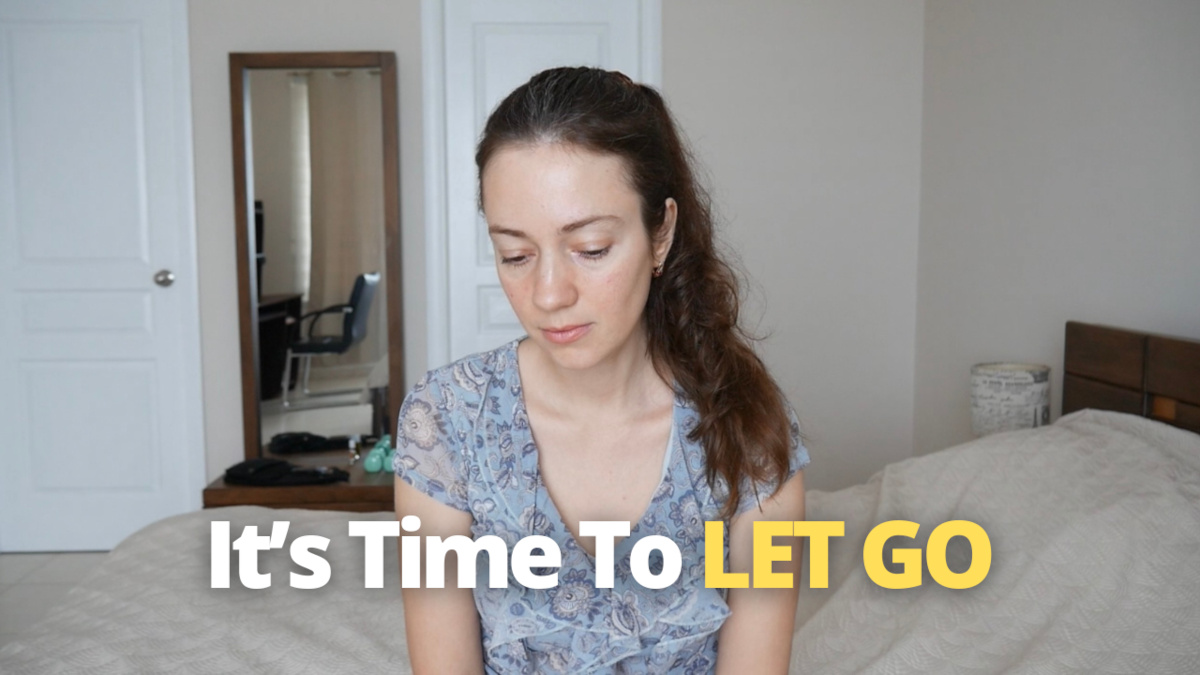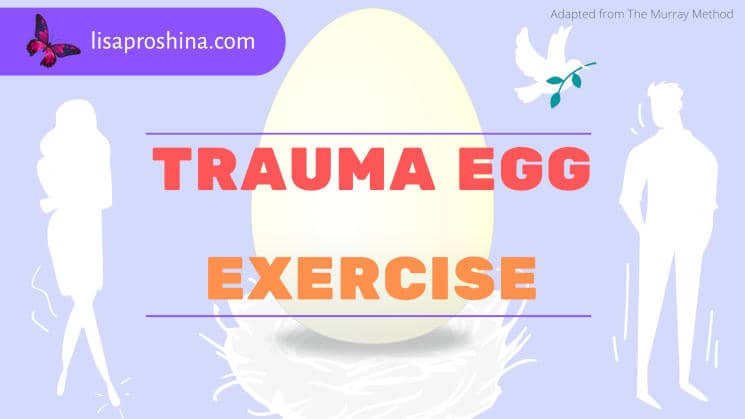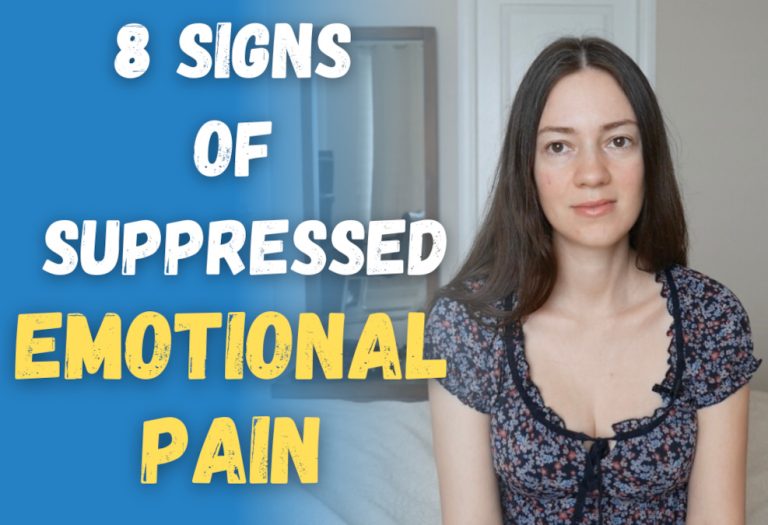Healing Unconscious Guilt: How to Stop Punishing Yourself and Start Living Fully
Guilt is one of the most destructive emotions we can carry. Especially when it’s unconscious, chronic, or has no obvious cause, guilt can silently sabotage our joy, success, relationships, and even health.
In this article, I want to share what I’ve learned through personal experience about unconscious guilt, what causes it, how it affects our lives, and how we can begin to heal and release it. If you often feel like something is wrong with you, if you struggle to enjoy your achievements, if you sabotage your happiness or find it hard to rest without anxiety, this might be the missing piece you’ve been looking for.
Table Of Contents
What Unconscious Guilt Looks Like
Guilt doesn’t just show up as regret over something we did. It can manifest in subtle but powerful ways:
- Chronic procrastination and self-sabotage
- Fear of judgment and people-pleasing
- A constant sense of unease or tension when life is good
- Inability to rest or enjoy success
- Feeling undeserving of kindness or love
- An inner belief that you are “the problem”
Many of these signs are rooted not in what we’ve done, but in a pattern we learned long ago: Guilt attracts punishment. This subconscious belief teaches us that if we feel guilty, something bad should follow. So even when something good happens, we feel anxiety—waiting for the punishment we think we deserve.
Where It Comes From: Childhood Roots of Guilt
Unconscious guilt usually starts in childhood. Even if our parents didn’t mean to hurt us, we absorbed a lot:
- Feeling like a burden on parents who were stressed or unavailable
- Being punished or blamed without understanding why
- Growing up around perfectionism or harsh criticism
- Receiving love conditionally—only when we behaved a certain way
- Feeling our emotions or needs were “too much”
These early experiences taught us that something is wrong with us just for being who we are. Over time, guilt becomes a default state. We don’t question it anymore, we just carry it.
I know this well. I lived with chronic guilt for over seven years about a specific decision I made as an adult. It wasn’t until I realized I had already “paid” for it, emotionally, mentally, spiritually, that I could finally release it. But looking deeper, I saw that I ended up in that situation because of the guilt I had been carrying for much longer. It was a cycle.
Why Guilt is So Destructive
Guilt isn’t just an emotion. It’s also a form of self-rejection.
When we feel guilty, we don’t just feel bad, we judge ourselves as bad. We deny our own emotions, our right to make mistakes, even our right to exist peacefully. We carry internalized messages like:
- “I should always be kind, calm, productive, and perfect.”
- “I should never be angry, lazy, selfish, or emotional.”
- “If I fail, it means I am unworthy.”
This self-rejection creates huge internal pressure and prevents real healing. Because how can we heal, when we reject the parts of us that are hurting?
The First Step: Awareness
Healing starts with awareness. When you begin to notice the pattern, how guilt shapes your thoughts, emotions, and actions, you’re already creating space for change.
This guilt is not your natural state. It’s a program, a belief system you inherited from your environment, your family, your culture. And you can unlearn it.
Start by gently saying to yourself:
“I may be carrying guilt that isn’t mine to carry. I am ready to face it and heal.”
That intention opens the door.
Reconnecting With the Emotion
Once you recognize guilt, the next step is to feel it. Not to analyze or fix it, just to connect with it.
Where do you feel it in your body?
- A tightness in the chest?
- A lump in the throat?
- Heaviness in the stomach?
Take a moment to sit with the sensation. Let yourself feel the emotional pain of being “the bad one.” It might bring tears, or discomfort, or memories. Let it come. This is how you process energy blocks.
Just by being present with the emotion, without judgment, you begin to release it.
Changing the Inner Dialogue
To heal guilt, we need to change how we speak to ourselves.
This means:
- Letting go of perfectionism
- Dropping unrealistic expectations
- Becoming your own source of support and compassion
One powerful tool I used was a 90-day journaling technique to silence my inner critic. It helped me break free from the voices I had internalized from childhood, especially from my grandmother, who held me to impossible standards, and from my mother, who made me feel like I was always the problem.
This pattern created guilt for simply existing. But the truth is, you don’t have to earn your right to be here. You don’t have to be perfect to be loved. You just have to be willing to stop rejecting yourself.
Self-Compassion: The Foundation of Healing
The core of healing guilt is learning self-compassion. This means:
- Being kind to yourself when you don’t feel good
- Allowing yourself to feel all emotions, even the “bad” ones
- Accepting your imperfections without judgment
This is not a one-time practice. It’s a new way of living. Every time you choose compassion over self-judgment, you rewrite the pattern. You reclaim your power.
If you’re curious to explore more, I’ve written several articles about self-love, self-acceptance, and healing the inner critic. They’re based on real practices and experiences that helped me find peace and move forward.
You Can Heal This
No matter how long you’ve lived with guilt, no matter how deeply it’s embedded in your identity, you can change. If you’re tired of feeling small, stuck, or undeserving, this is your moment to begin.
Even if you’re already on a healing journey, let this be your reminder: you deserve to feel light. You deserve to feel free. You deserve to live.
And if you need support with this process, I offer 1:1 coaching where we gently explore and release emotional patterns like guilt, self-rejection, and perfectionism. You can learn more or book a session through my main page.
You are not broken. You are becoming.
And you don’t have to carry this guilt anymore.








